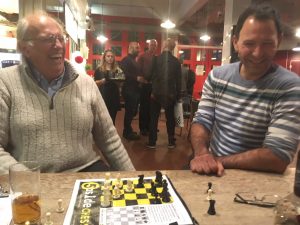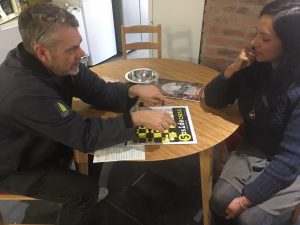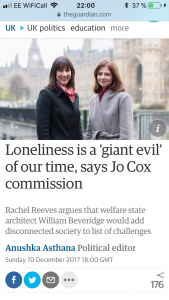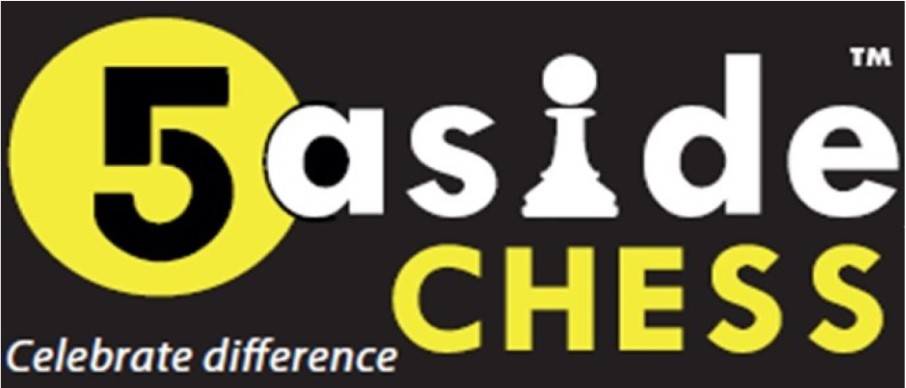Most of us have heard about the health benefits of Chess, particularly regarding Alzheimer’s and the stimulation of the creative, right side of our brains.
However, a new study goes even deeper into how the social interaction promoted by Bristol-based 5asideCHESS can improve and maintain your health.
The report, by charity think tank NPC, says that social circumstances, like how much we connect with other people, are the biggest contributors to good health.
In fact, according to the new study, these social determinants have more than double the effect to your health than actual ‘Healthcare.’
For example, leaving your screen and having a chat can have a huge health benefit, particularly if you make a habit of it. And that migraine you have is far more likely to be curable through improving social circumstances, rather than seeing a doctor.
In Cornwall, the Living Well Scheme worked to reconnect people with a long term medical condition back into the community. As well as the many personal benefits this brought, it also helped to reduce non-emergency hospital admissions by 30 percent in Newquay alone.
These programs of reconnection are saving lives and taxpayers money.
What are these Social Determinants.
Social circumstances/determinants also relate to things like having enough money for rent, developing new skills or having access to ‘green areas.’
The problem is, while we spend millions on treating final illnesses like that migraine that keeps coming back, there are actually cuts for organisations dealing with social determinants.
The NPC report calls them CAUSES OF CAUSES.
What are Causes of Causes?
The things that lead to poor health. Stopping the stream at source.
- Friends and Communities
- Family
- Education and Skills
- Work
- Money and Resources
- Housing
- Our Surroundings
We don’t want to delve too deep into the report, but please do at this link if you have the time. It’s an interesting and important insight. Of the above causes, there are three pathways that can lead to good or bad health.
Pathways
- Psychosocial Pathway
Feelings of stress and lack of control, Depression and Anxiety.
- Health Behaviours
Physical exercise, smoking and food habits.
- Material Pathway
Access to goods and services. Financial resources.
So how is 5asideCHESS helping the community in Bristol?


“As a social enterprise we are funding ourselves by asking businesses to come onboard,” Director Ryan Child said. “Rather than wait around for the government to slowly come round to new ideas on healthcare.
“The study shows that the UK is the worst EU country when it comes to people living longer, and a lot of that is because we are becoming so disconnected. Not to mention the huge cost the NHS is facing because of the mental health issues associated with loneliness, anxiety and depression”
It’s now accepted that social media is a primary source of depression and social anxiety, with users increasingly cut off from the real world.

“We want to get people talking again, connecting and getting their dopamine fixes from each other, not the slow, addictive dripping of likes and follows.”
One of 5asideCHESS’s programs involves getting members of the public from rehab centres, homeless shelters and elderly groups back into the community.
“We offer our board to local cafes and community spaces, but in return we ask for some free tea or coffee for a few members of the groups we are working with. They are our HELLO People. They then spend an afternoon or morning playing chess and connecting with whoever might fancy a game.”
5asideCHESS is currently looking for cafes and other locations that would like to be involved, as well as business that want to sponsor the next edition of the board.


